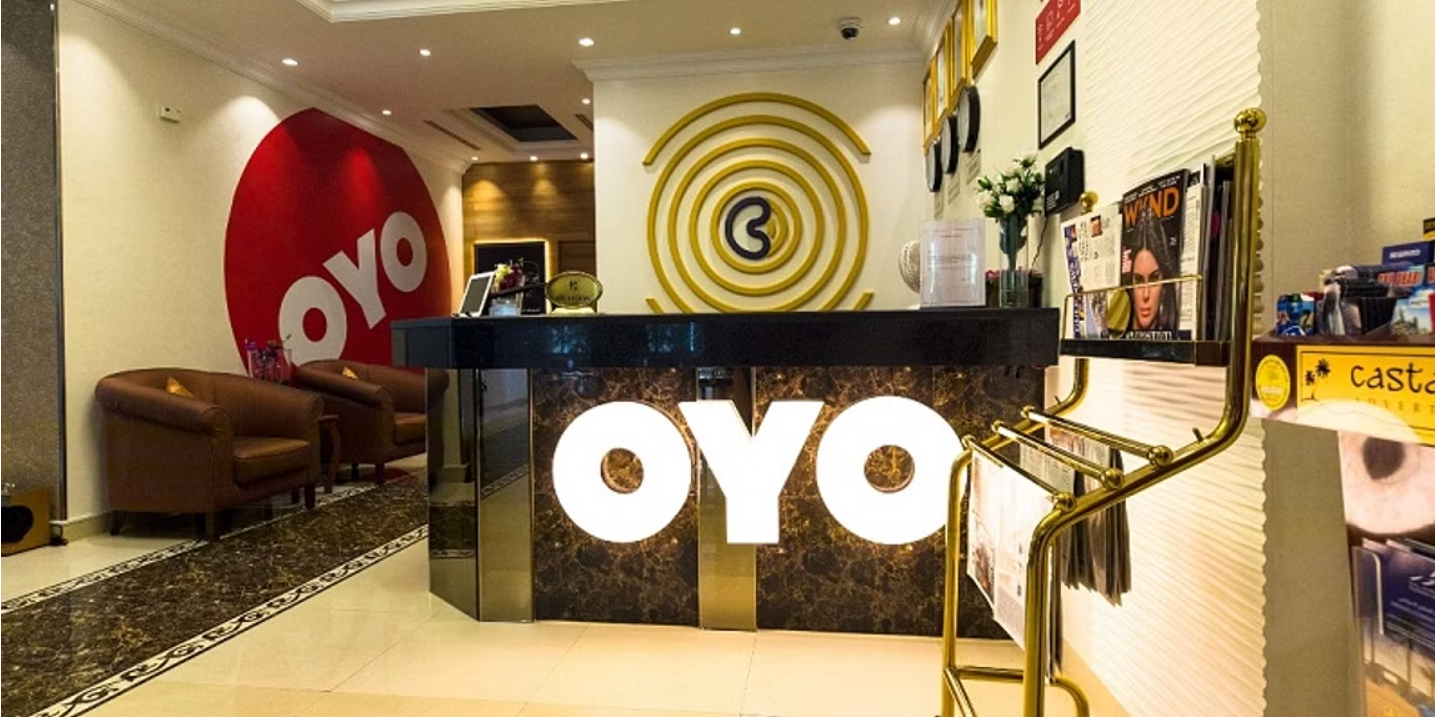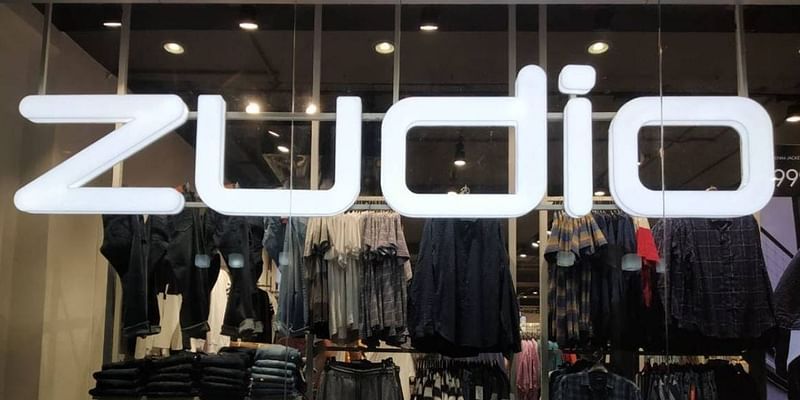India Fintech 1.0 - Pre Aadhaar and Smartphones with Sanjay Swamy, Srikanth Rajagopalan, and Anshul Rai
In this podcast episode, Sanjay Swamy, Managing Partner at Prime Venture Partners, speaks to fintech leaders Srikanth Rajagopalan and Anshul Rai as part of new series ‘Fintech in India - Past, Present, and the Future’.
Sanjay Swamy is currently the Managing Partner at Prime Venture Partners. A leading fintech entrepreneur himself, he has helmed roles such as Chairman & Co-founder, , and was the CEO of mChek earlier.
Srikanth Rajagopalan is currently the CEO of Perfios Account Aggregation (AA), an off-shoot from the Perfios legacy. A veteran of India's payments domain, he set up and scaled businesses at Amazon, American Express, and Nokia, as well as seed-stage startups such as ngpay (later acquired by Flipkart).
Anshul Rai is the Co-founder and ex-CEO of . His claim to fame is Happay’s celebrated exit to for $180M.
India's financial technology landscape has undergone a monumental transformation, we trace this exciting evolution through this series of three episodes. This first episode captures the zeitgeist of India's fintech revolution - a peek into the past to show various innovations that have paved the way for today’s thriving fintech ecosystem.
Early days of doing mobile-first finance startups
Srikanth, one of the founding members of ‘ngpay’, and Sanjay, who is the CEO of ‘mChek’, recall their entrepreneurial days from the mid 2000s. Ngpay was the pioneer of mobile commerce in India, which got acquired by Flipkart later on, whereas mChek was one of the earliest mobile payments platforms.
"At ngpay, we said, if digital commerce has to start, it has to start on a mobile phone. We found that the app's distribution was a huge bottleneck. There were no app stores at that time, there were no smartphones. There was no way to go and get a customer to download an app. First you had to tell a person what an app really was, and then why they should download it. And then how do they use it. It was massive in terms of customer education," Srikanth recollects.
"After moving back to India from the US, one fine day I asked an auto rickshaw driver, and he pulled out the phone. It was my eureka moment, I said oh my God, he has a terminal in his hand and this phone could be used for payments and much more," says Sanjay.
How IRCTC and Sim Cards helped solve the distribution problem?
Narrating how they solved the distribution problem, Srikanth says, "The big beast in the room was IRCTC, the number one digital merchant and the monopoly in their business. I mean, you could not book a ticket except for IRCTC, and their website had the highest traffic in all of Asia. So we kind of went and spoke with them. They said, okay, you want to sell tickets on the phone, that's fine. We’ll give an agency code, you sell and you make whatever commissions that you get."
"I still remember we got 20 rupees per AC ticket, 10 rupees per non-AC ticket, and 2 rupees per unreserved ticket. That didn’t work for us, and after a few months, we went back to them and said, give us a download link on your website instead of the 10,20 rupees commissions."
You wouldn’t believe, within a week, we were getting innumerable downloads and that turned the tide for us.
On the contrary, Sanjay at mChek had taken a different approach to the same problem. "For us, the philosophy was, distribution can only be solved at scale through the telcos at that time, and the one weapon that they had was a SIM card. Most people don't understand that a SIM card is actually a computer and you can put an application on it. It's just that it has to be approved by the telcos and has to be burnt in."
"At that time, the telcos had 8k and 16k sim cards, so we helped migrate the telcos to the 64k world and the sim card manufacturers were pretty thrilled about it. We managed to get crazy distribution right, because mChek got put on the sim cards of both Airtel and later Docomo. For all those who remember, we had a pop-up that would come every time you turn on your phone that said, welcome to mChek on Airtel, click here to get started. And that’s how distribution hit an astronomical scale, we probably must have shipped 300, 350 million SIM cards with our app on it," exclaims Sanjay.
This episode ends as a great segue to the 2nd generation of Fintech in India that will be highlighted in episode 2, stay tuned!
Timestamps:
0:05 - Evolution of FinTech in India
4:22 - How did they become Entrepreneurs?
12:57 - 1st Generation of Mobile Apps on Nokia phones
24:58 - 1st Innovations in Mobile Payments
31:05 - Conclusion
Edited by Megha Reddy











